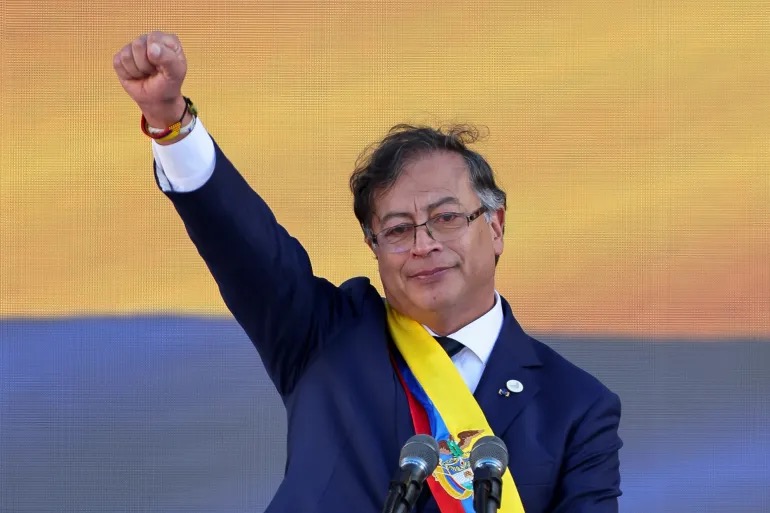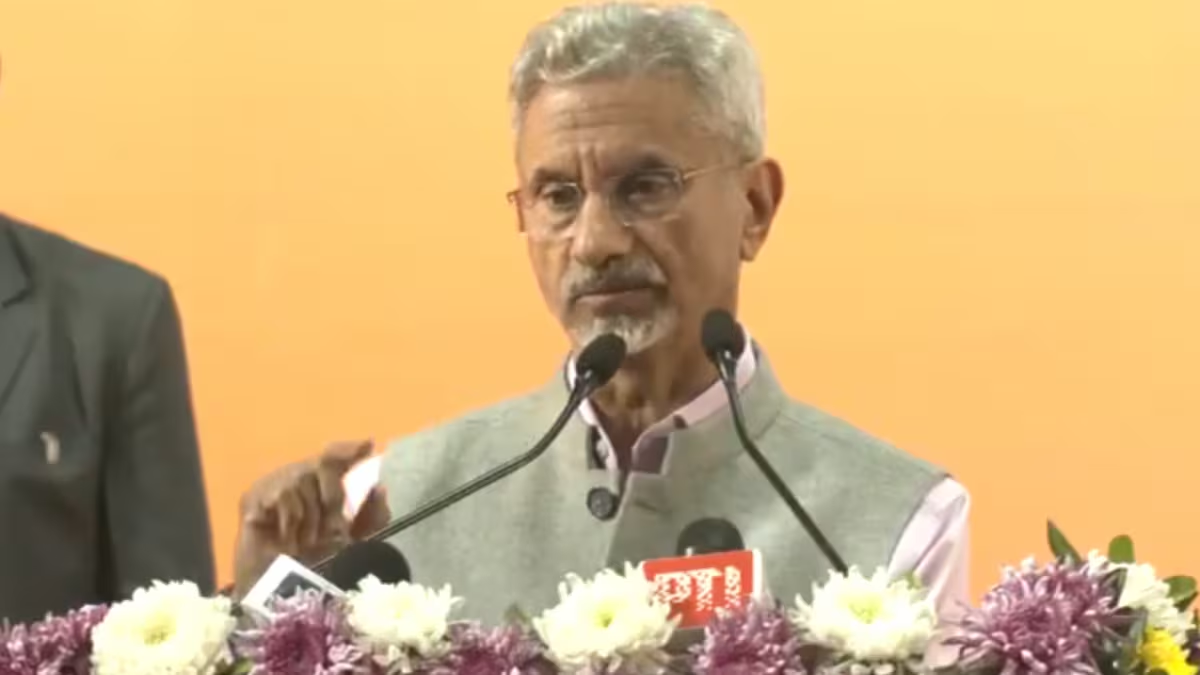Gustavo Francisco Petro Urrego, Colombia’s 34th president, has experienced a remarkable journey from humble beginnings to becoming a transformative figure in Latin American politics. His tenure has been marked by groundbreaking achievements, controversial moments, and significant challenges, particularly in his interactions with the United States under President Donald Trump’s administration.
A Humble Start in Colombia
Born on 19 April 1960 in Ciénaga de Oro, Córdoba, Gustavo Petro was the eldest child of Clara Urrego and Gustavo Petro Sierra. His family relocated to Zipaquirá, Cundinamarca, when he was a child, where Petro developed a love for football and a passion for learning.
According to his cousin Jorge Petro, Gustavo was always inclined toward reading, chess, and environmental causes. He pursued his education at prestigious institutions, including the Universidad Externado de Colombia and Universidad Javeriana, and furthered his studies in Belgium and Spain.
Early Years with Guerrilla Ties
Petro’s path to power began in a turbulent phase of Colombia’s history. As a teenager, he joined the Movimiento 19 de Abril (M-19), an urban guerrilla group, using the alias “Aureliano” in homage to a character from Gabriel García Márquez’s One Hundred Years of Solitude. His dual life as a student and guerrilla leader saw him imprisoned and allegedly tortured by the Colombian army for 18 months.
Following the M-19’s demobilisation in 1990, Petro transitioned into politics as the group became the Alianza Democrática M-19. He began his political career as a spokesperson and councilman in Zipaquirá before being elected to the House of Representatives in 1991, according to reports from Radio Nacional.
Political Rise and Historic Presidency
Petro climbed the political ranks, serving as a senator and later founding the Movimiento Progresistas after leaving Polo Democrático Alternativo. As Bogotá’s mayor from 2012 to 2015, he earned recognition for his progressive policies but faced criticism over governance issues.
In the 2022 presidential elections, Petro made history by winning 50.44% of the vote in the final round, becoming Colombia’s first left-wing president. His victory, supported by over 11 million Colombians, marked a significant shift in the country’s political landscape, as he championed social justice, environmental causes, and economic reforms.
Family Life and Controversies
Petro’s personal life has been as eventful as his political career. His first relationship with Katia Burgos, during his time with M-19, ended when she moved to join him, only to learn their relationship had concluded. Their son, Nicolás Petro, now a lawyer and deputy, has since spoken openly about Petro’s absence during his upbringing.
Petro’s second marriage to fellow M-19 member Mary Luz Herrán produced two children, Andrea and Andrés, but ended in 2003. Despite claims of abuse during their relationship, Herrán has publicly defended Petro, describing their current relationship as respectful.
Petro’s third and current wife, Verónica Alcocer, met him in 2000 during a university lecture. Their union, which faced initial disapproval from her family, has lasted over two decades. They share two daughters, Sofía and Antonella, who are pursuing their studies abroad and in Bogotá, respectively, as highlighted by RedMás Noticias.
Tensions with Donald Trump
Petro’s presidency has also been defined by his tumultuous relationship with the U.S., particularly with President Donald Trump. Recently, Petro faced criticism for initially refusing deportation flights from the United States, prompting Trump to threaten tariffs and sanctions. Following this, Petro backtracked, offering Colombia’s presidential plane for deportations to ensure the “dignified return” of citizens, as stated by Colombian officials and reported by Fox News.
This diplomatic standoff highlighted the challenges Petro faces on the global stage, as he seeks to balance his progressive domestic agenda with international pressures.
Legacy in the Making
Gustavo Petro’s life story encapsulates the complexities of Colombian politics and society. From his guerrilla days to his historic presidency, Petro’s journey reflects a nation grappling with its past while striving for a more inclusive future.
His groundbreaking rise to power and ongoing political manoeuvres, as covered by outlets such as Caracol Televisión, underscore his role as a pivotal figure shaping Colombia’s evolving political landscape.






